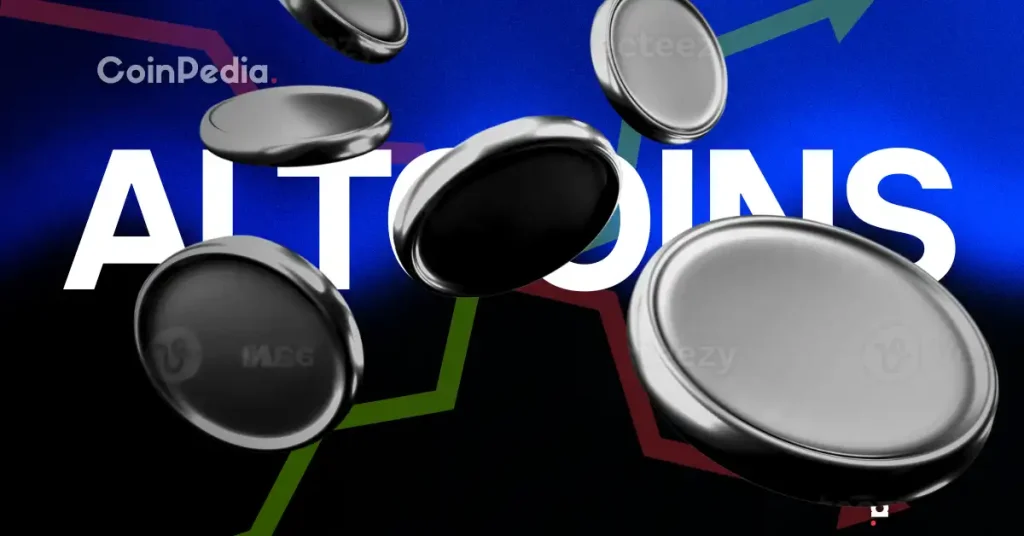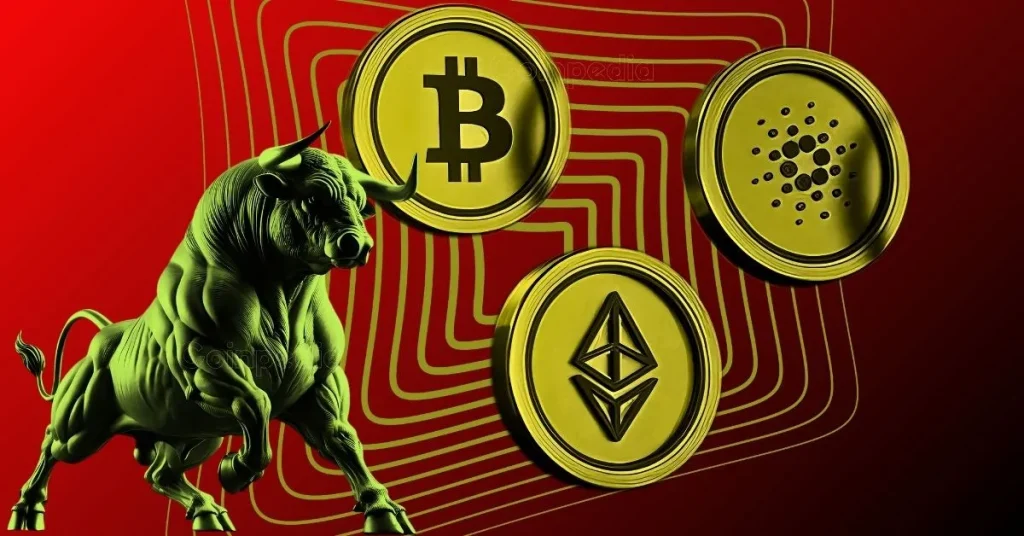In a significant shift in Asia’s cryptocurrency landscape, Chainlink has sealed a strategic partnership with Japan’s SBI Group, marking an important move in institutional crypto asset adoption. This alliance, focusing on tokenizing various asset classes, draws attention to the dynamic developments in the realm of digital finance.
What Sets Chainlink Apart from Ripple?
Both Chainlink and Ripple have carved niches within financial infrastructure, yet their paths diverge remarkably. Chainlink stands out in the decentralized finance (DeFi) space, particularly excelling in providing secure price feeds. Ripple’s ongoing legal challenges have contributed to a more conservative approach, slowing its expansion efforts compared to Chainlink’s brisk technological strides.
SBI, a titan in financial services with deep investments in crypto-linked payment systems, once allied with Ripple, leaving many to expect a renewal of their collaboration. However, the choice of Chainlink unveils a fresh trajectory, underscoring emerging industry trends that pivot towards DeFi solutions.
Why Did SBI Choose Chainlink?
SBI’s decision to pair with Chainlink stems from the latter’s adeptness in financial innovation, particularly given their extensive experience with systems like their Cross-Chain Interoperability Protocol (CCIP). This product, combined with agile adaptation to market demands, made Chainlink the suitable choice for tackling tokenized assets and cross-border stablecoin transactions.
“Chainlink offers unparalleled expertise and technological prowess, making them an ideal partner to advance our digital asset initiatives,” said Yoshitaka Kitao, CEO of SBI Holdings.
In confirming Chainlink’s potent role in sophisticated projects like Singapore’s Project Guardian alongside UBS Asset Management, the alliance promises to spearhead large-scale advancements in tokenization and stable issuance.
Sergey Nazarov, Chainlink’s Co-Founder, shared optimism about collaborating with SBI, foreseeing that their joint ventures will soon translate into expansive token and stablecoin applications.
Concrete insights from this collaboration showcase:
- Chainlink’s seamless integration into regulated finance markets.
- The advancement of compliant cross-border stablecoin usage.
- A notable shift in preference over Ripple for strategic partnerships.
While Chainlink’s technological and partnerships feats are celebrated, market remains volatile, indicating that while institutional acceptance is rising, navigating crypto’s market instability continues to be a challenge.
Disclaimer: The information contained in this article does not constitute investment advice. Investors should be aware that cryptocurrencies carry high volatility and therefore risk, and should conduct their own research.
















 English (US)
English (US)